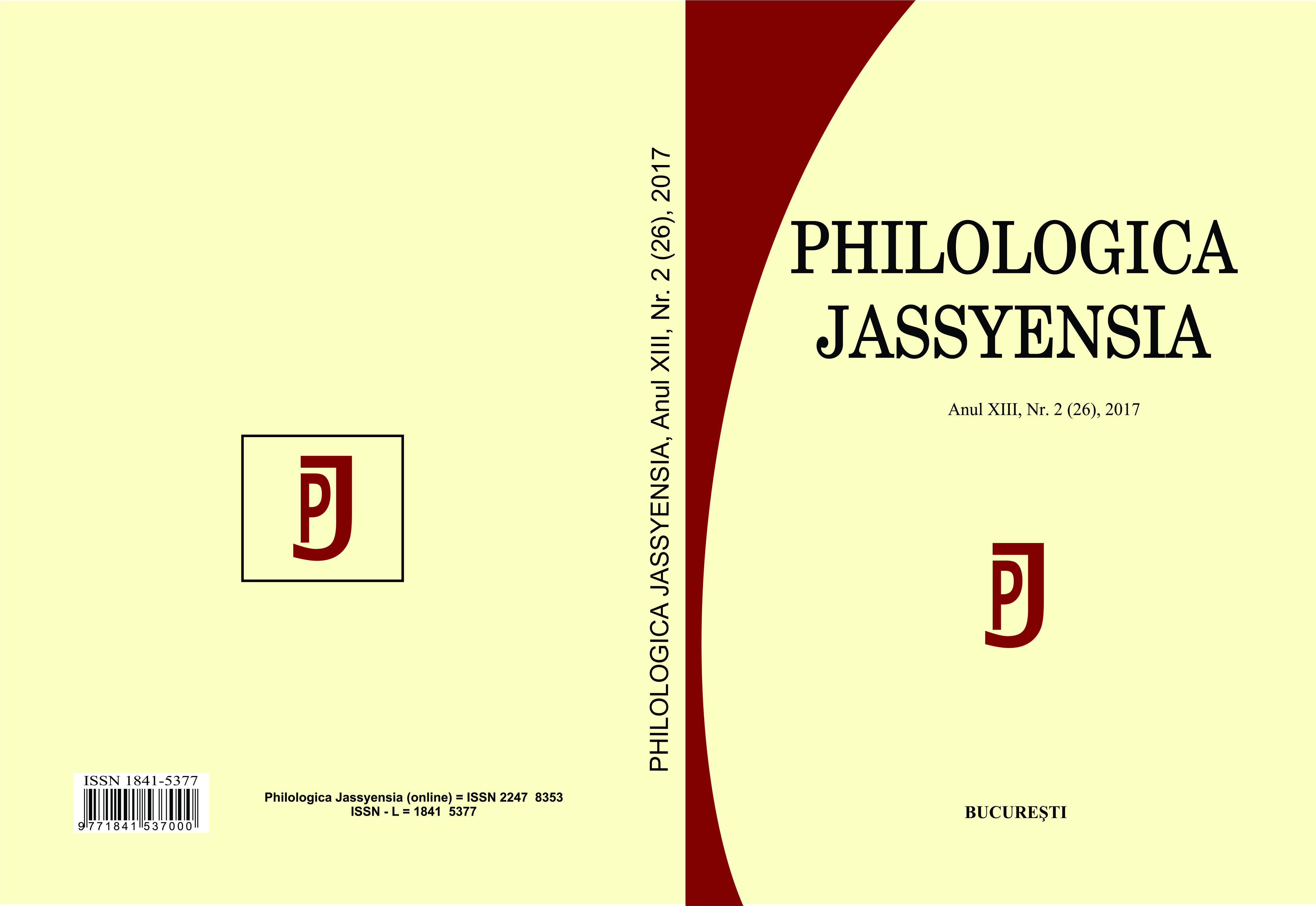The Art of Dissimulation. The Good Christian vs. the Loyal Freemason
The Art of Dissimulation. The Good Christian vs. the Loyal Freemason
Author(s): Codrin Liviu CutitariuSubject(s): Language and Literature Studies
Published by: Editura Tracus Arte
Keywords: Poe; narrator; tale; crime story; revenge; religion; Christianity; Freemasonry; dissimulation; unreliability
Summary/Abstract: This article focuses on one of Edgar Allan Poe’s famous tales, The Cask of Amontillado, a story of “perfect crime”, as it is usually considered. The action is set in medieval Italy, at the time of the Carnival, in Venice. The protagonists are two noblemen, Montresor and Fortunado. Montresor is the narrator of the text and wants to revenge on Fortunado, because of a mysterious “insult”. Fortunado’s “mistake” is never made clear, although the punishment for the trespassing as such is extreme (Fortunado will eventually pay with his own life). The article tries to explain the enigma behind the “insult”. This takes us into an occult world, where the identities of the characters change dramatically (they are, successively, social competitors, religious enemies and rival Masons). Poe’s symbolism and epic games become here remarkable tools of constructing and amplifying the mystery. The Cask of Amontillado should therefore be viewed as a masterpiece of the American Romanticism and of “horror genre” as well.
Journal: Philologica Jassyensia
- Issue Year: XIII/2017
- Issue No: 2 (26)
- Page Range: 203-209
- Page Count: 7
- Language: English

